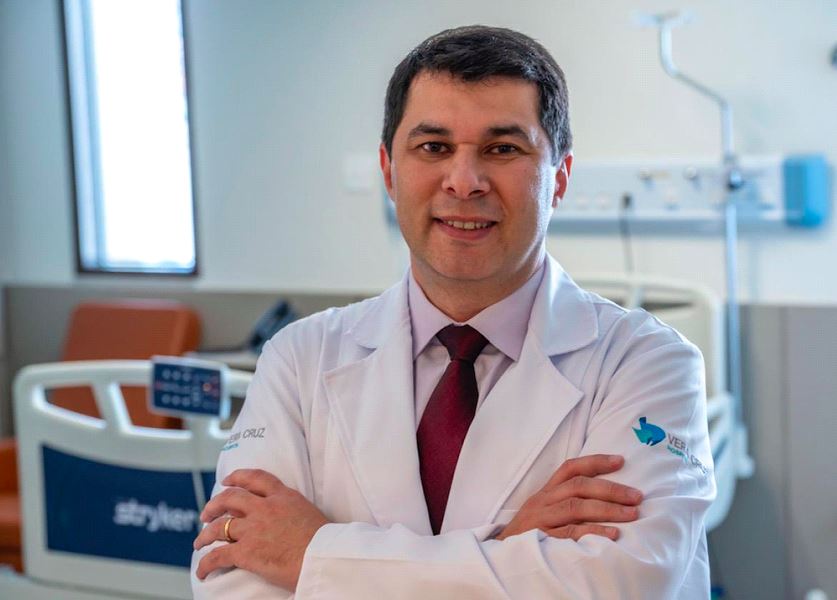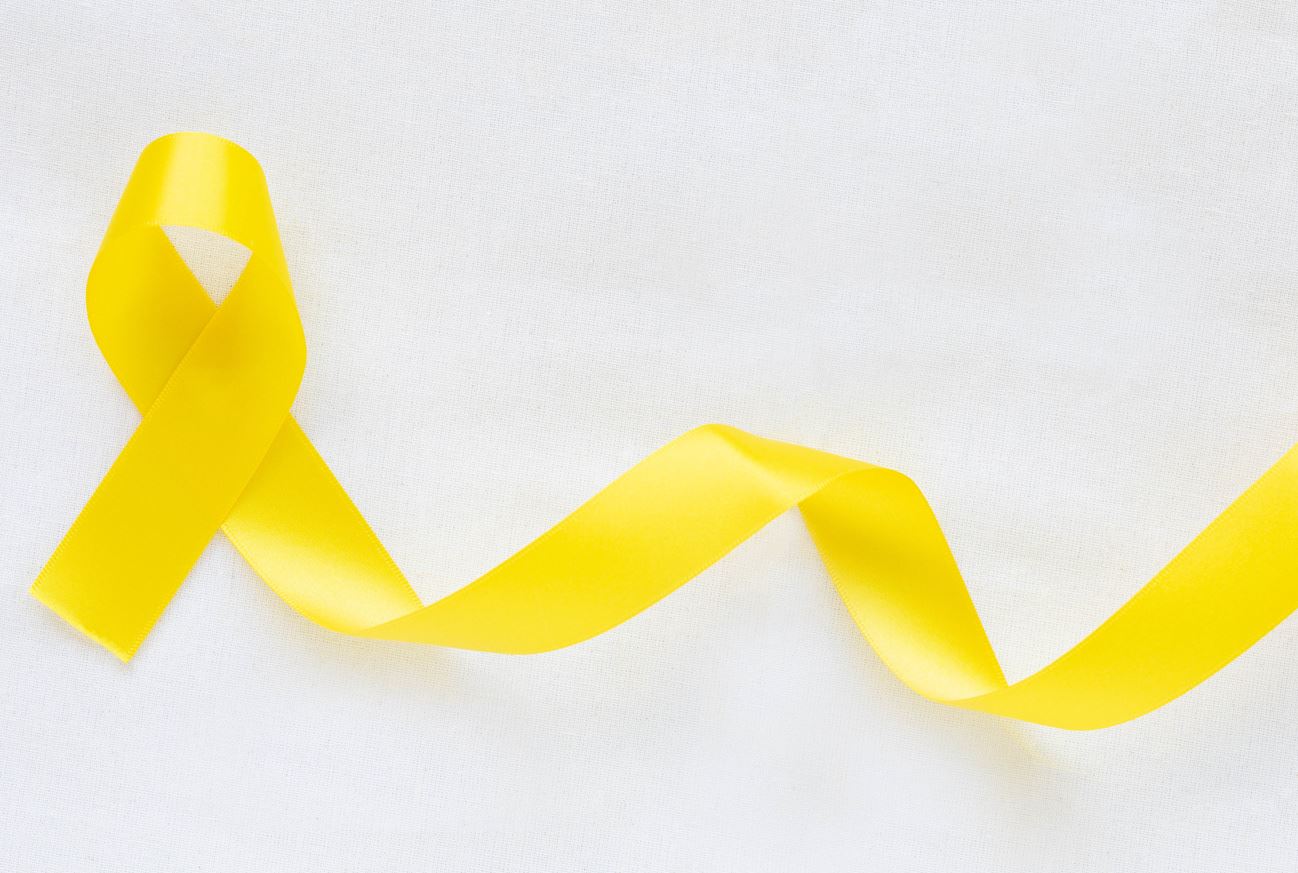By Dr. Petrus Raulino

Yellow September in 2021
Yellow September is known as "Suicide Prevention Awareness Month" and the theme for this year's campaign is "Acting saves lives".
More than talking, it is essential to take effective action to prevent cases.
Caring for mental health, recognizing symptoms and seek treatment are actions that make all the difference.
In 2021, specifically, the campaign arrives in a unique context, as it is almost two years into the pandemic. COVID-19.
And a substantial body of scientific evidence has shown that loneliness and social isolation increase the risk of premature mortality in a way that is comparable to other risk factors, such as hypertension, smoking and obesity, for example.
The impact of the pandemic on mental health
With isolation, the population's mental health has become more fragile. Many lives have been lost and economic uncertainty has increased. As a result, we are seeing more and more reports of anxiety, depression, Burnout Syndrome and many other mental disorders.
During the pandemic, the potential for deterioration in mental health or recurrence of severe psychiatric symptoms became high. Therefore, focusing on the needs of people with mental disorders, or whose mental health is vulnerable, became paramount to saving lives.
Suicide prevention in the "Covid era" requires addressing not only risk factors accentuated by the social, economic and even grief-related consequences of the worst viral outbreak in 100 years, but also elements that were already present without the pandemic, including mental disorders.
Dozens of studies using psychological autopsy methods have shown that more than 90% of suicide cases are associated with mental complications. For this reason, one of the most important factors in effectively saving lives is treatment.
So this is yet another moment in history when suicide prevention must be prioritized as a serious public health problem. The identification and treatment of mental disorders by the psychiatrist are among the main factors in inhibiting cases. Together with psychological counseling, psychiatric treatment helps to save lives.
About Vera Cruz Hospital
In 77 years of existence, the Vera Cruz Hospital is recognized for the quality of its services, technological capacity, team of renowned doctors and for offering humane care that values life first.
Vera Cruz has 167 beds distributed in different hospitalization units, in single (apartment) or collective (two beds) accommodation, ICUs and maternity wards.
The institution also has Chemotherapy, Hemodynamics, Monoplace Hyperbaric Chamber, Radiology (including tomography, magnetic resonance, bone densitometry, ultrasound and x-ray), and a laboratory with the Fleury Medicina e Saúde quality seal. In October 2017, Hospital Care became a partner of Vera Cruz.
In almost four years, the alliance has made significant progress in providing services generated by investments in innovation and technology.
In the medium term, the group plans to expand its services with the creation of two new buildings in front of and next to the main hospital, totaling 17,000 m² of additional floor space.
30 years ago, Vera Cruz opened and maintains the Roberto Rocha Brito Foundation, a reference in health training and courses in the Campinas Metropolitan Region, both for professionals in the sector and for lay people, and is an accredited unit of the American Heart Association.
References
1. Brazilian Association of Psychiatry and Federal Council of Medicine (2014). Suicide: Informing to prevent. Brasília.
2. Brazilian Psychiatric Association (2021). Yellow September: ACTING SAVES LIVES! Accessed at: <https://www.abp.org.br/post/setembro-amarelo-agir-salva-vidas>.
3. Moutier, C. (2021). Suicide prevention in the COVID-19 era: transforming threat into opportunity. JAMA psychiatry, 78(4), 433-438.
(*) Dr. Petrus Raulino is the coordinator of the Psychiatric Interconsultation Service at Vera Cruz Hospital.
(Photo: Dr. Petrus Raulino / Credit: Disclosure)







